Department of history
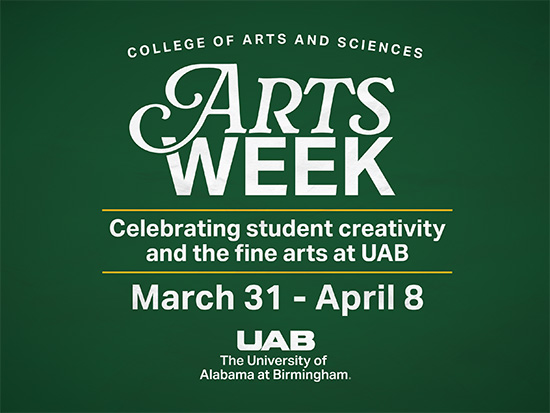
Presented by the UAB College of Arts and Sciences, Arts Week events showcase students from the departments of Art and Art History, English, History, Music, and Theatre.
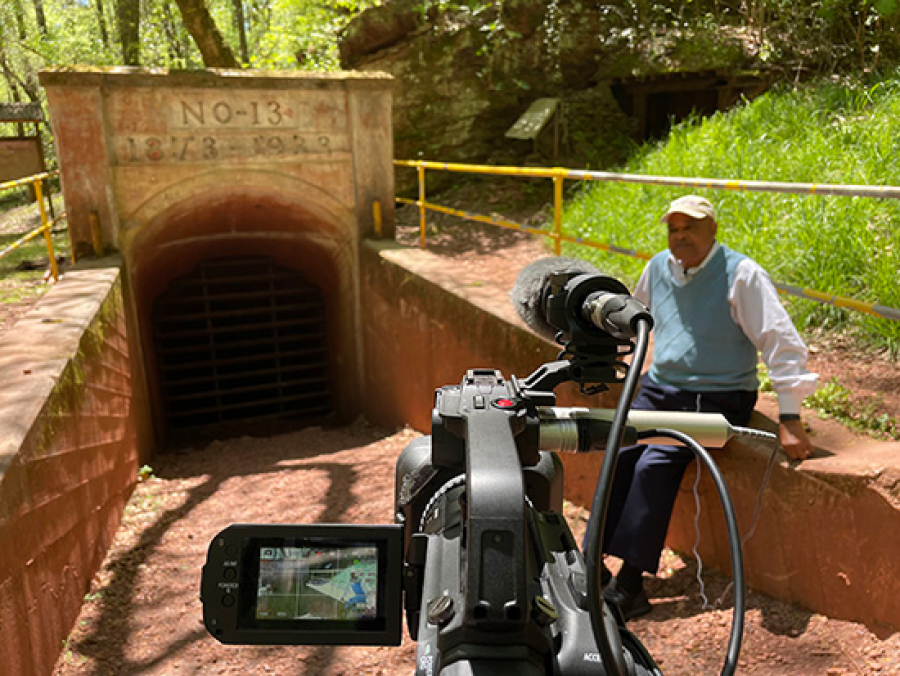
History classes at UAB collaborate with local community organizations to preserve Birmingham history
The project “Go Tell It on Red Mountain” features scholars with expertise on labor history, industrial history, and the lives of those who resided and worked on and around Red Mountain, as well as residents of the Wenonah community.
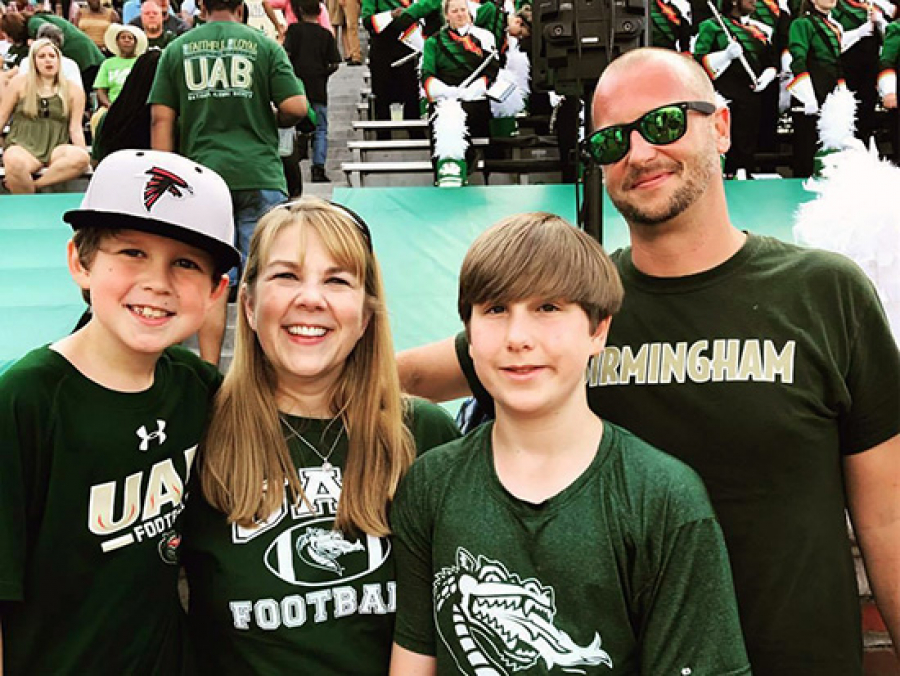
Meet the couples who met in the Marching Blazers, and the students marching this year whose alumni parents are passing along their Blazer spirit.
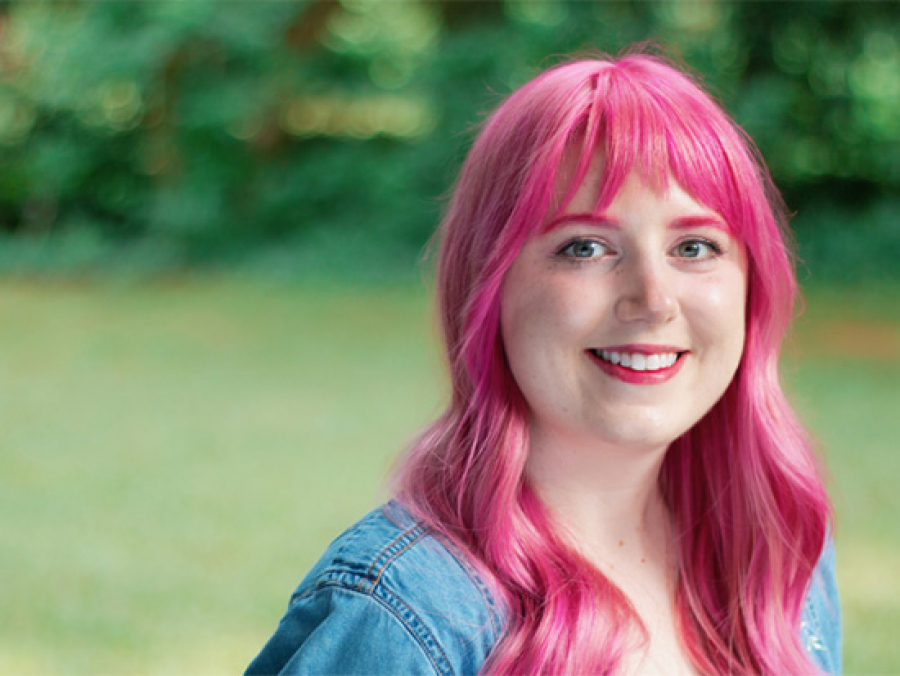
This spring, Samantha Richardson won her second Mosaic Award, the American Advertising Federation’s highest honor, for her work with a new Birmingham, Alabama, nonprofit, In Solidarity: The Beth El Civil Rights Experience.
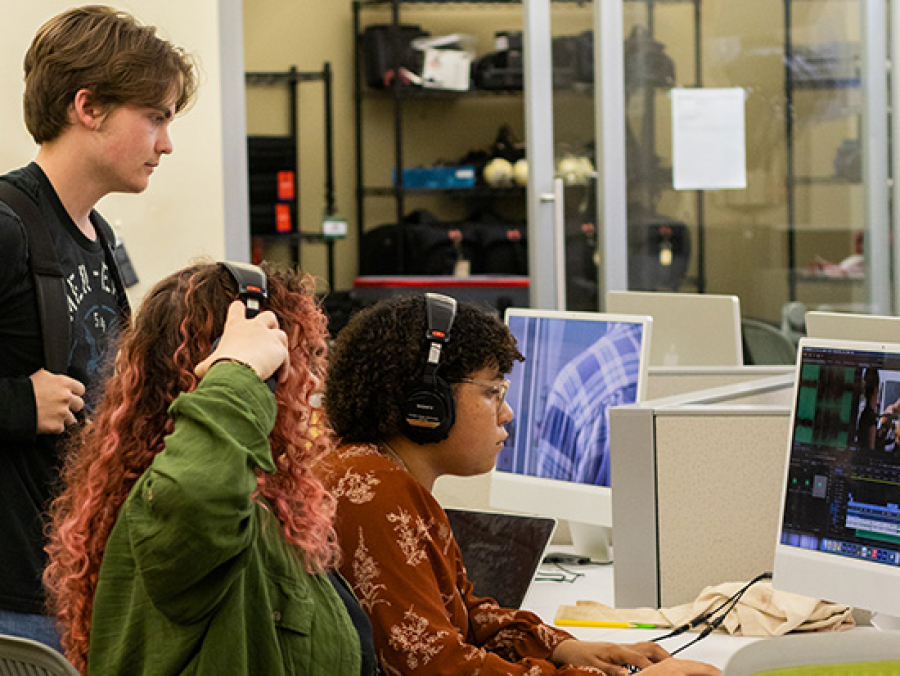
UAB Media Studies students learn how to make documentary films focusing on communities and issues they care about in a semester.
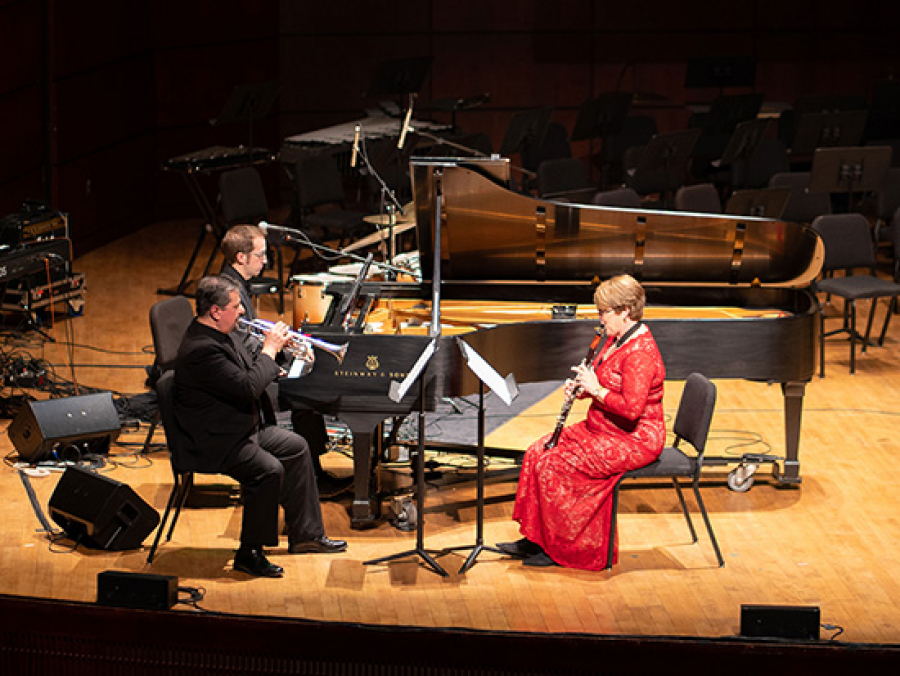
In this free multimedia presentation, the UAB Chamber Trio will perform 11 new works of music, with original films created by students in honor of noteworthy people from Alabama.
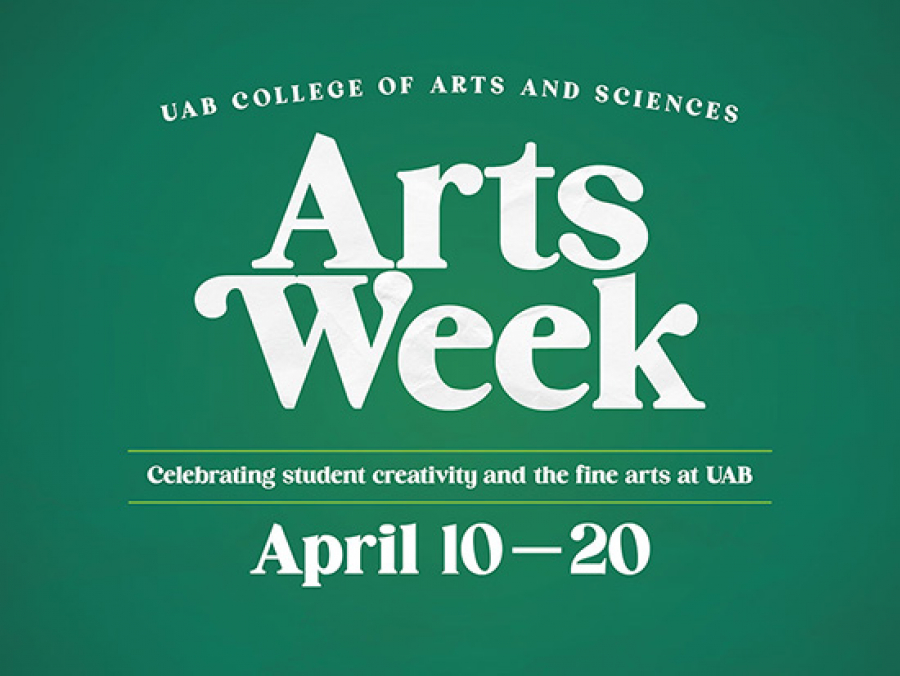
Experience the arts on campus and in the community with this showcase of performances and events featuring students in the College of Arts and Sciences.
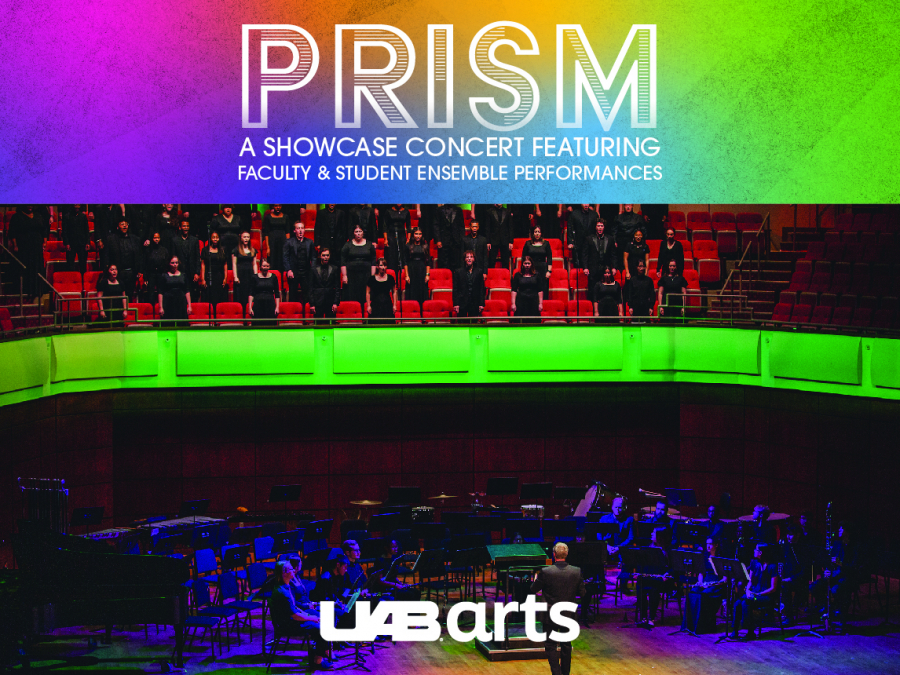
This annual showcase concert features soloists and ensembles, choirs, bands and pianists performing music from classical, gospel and jazz to world music, electronic and more.
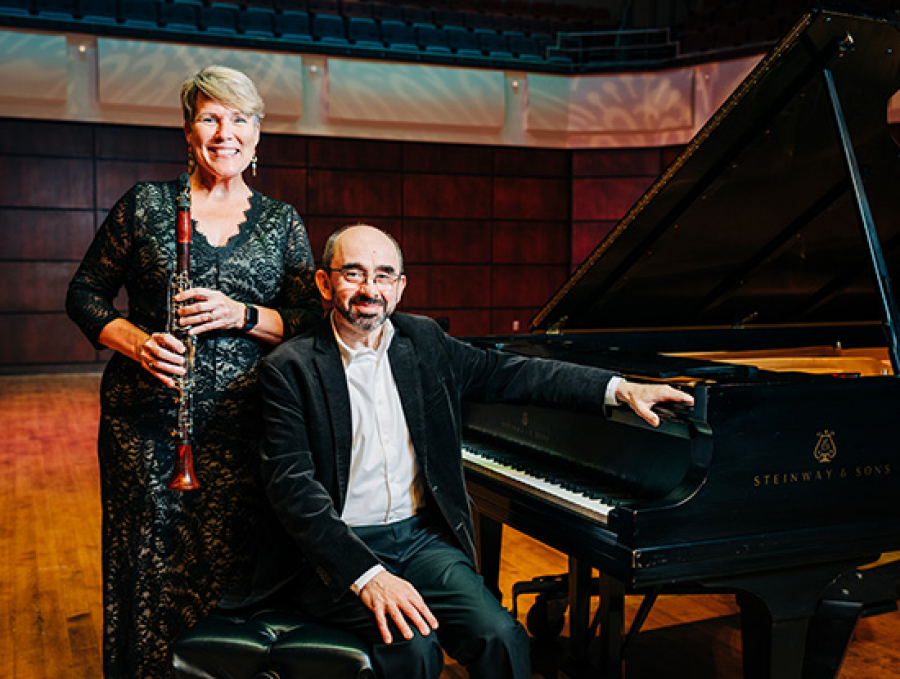
Choose from student recitals, guest artists and faculty performances, including Yakov Kasman, DMA, with the Alabama Symphony Orchestra, plus Amadeae Duo and the fifth annual PRISM Concert.
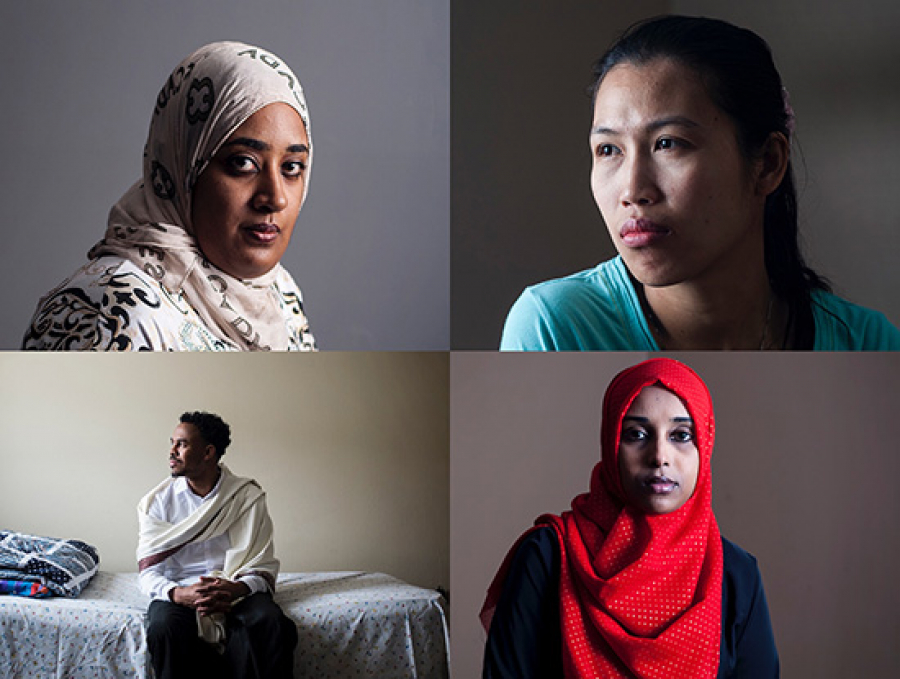
“Refugees, Empathy, and Human Rights” is a nationwide traveling exhibition featuring contemporary portraits and poetic stories illustrating the challenges of refugees building new lives in the United States.

Speakers for “A Tale of Two Cities: Atlanta and Birmingham During the Civil Rights Movement” will shed light on how city governments, civil society leaders and urban geographies can advance or obstruct racial justice and human rights.